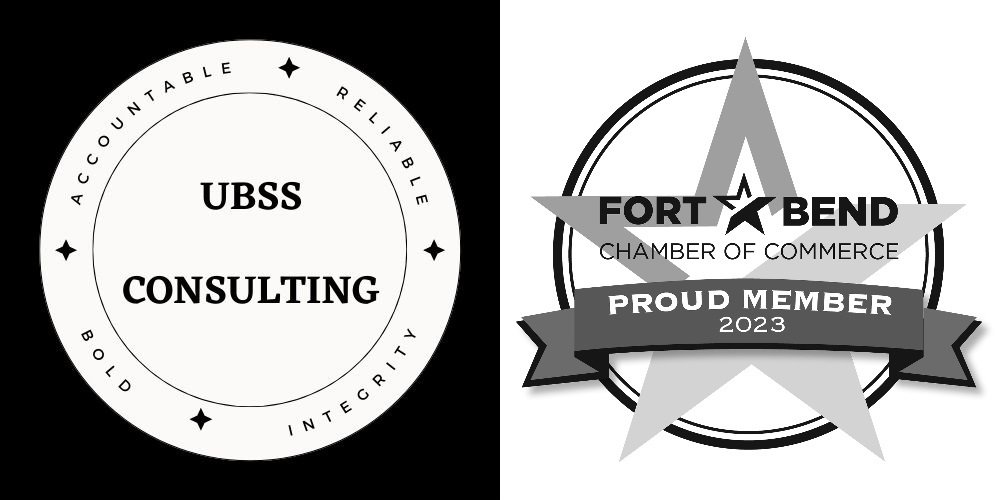
Changing bad habits at work
I read this fabulous book recently titled – “Atomic Habits”, by James Clear, if you haven’t read it, I would highly recommend that you add it to your reading list. This book addresses how to cultivate good habits and get rid of bad habits one day at a time. After reading this book, I reflected on some practices I encountered in the workplace over the years. Some of them appeared frivolous and a waste of time but perhaps there was a rationale to them after all.

Supplier Management: Will your employees be your suppliers?
One question every company would benefit from asking itself is whether its employees at some time in the future will want to become a supplier. With the advent of the gig economy this scenario is more likely as more and more jobs are likely to be contracted out. Who is better to contract new work to other than someone who previously had a track record performing for the company. Clearly a case can be made to hire former employees who were top performers to work as contractors in the future. But the question to ask would be - “How willing would these former employees be to come back to work at their old company as a contractor?”.

Supplier Relationship Management a Forgotten Skill?
A lot has been written about relationships between people but not much is said about relationships between companies. It’s people who run businesses and if those people don’t have a relationship based on trust, then their interactions are purely transactional. A transactional relationship is contractual almost like the olden day barter system where a product or service is traded for money. It’s almost like buying a product on Amazon.

COLLABORATION IS KEY TO SAVING MONEY IN AN INFLATIONARY ENVIRONMENT
There are much better ways to approach an inflationary environment that can sustain and build the trust with suppliers and can be more effective in reducing costs in the long term. Underpinning this approach are leadership, transparency, ownership, accountability and true partnership.

The 3 Rs of the Supply Chain (Resilience, Responsiveness and Reinvention)

Reinventing the Supply Chain Function
Workers in most companies live in two different ecosystems almost every day. A highly efficient retails customer experience driven by companies such as Amazon and Uber and a poor, archaic and inefficient experience within the walls of the enterprise they work for. Buying something online just takes a few clicks, the payment for the goods is very simple and straightforward, delivery information is available at their fingertips with frequent updates sent to their phone or email, and the returns process is easy. In contrast, buying something at work is complex, the invoicing and payment process is antiquated, visibility into the supply chain once an order is placed is mostly non-existent and the returns process is complicated. Old habits, poor process, and poorly configured and integrated systems are all to blame for this mess in the workplace. Working in such vastly different ecosystems has increased frustration in the work force and supported an accelerated case for change in the supply chain function.

Have you jiffy lubed your contract ?
Have you Jiffy Lubed your Contract?

Managing Environment, Social and Governance in the SUPPLY CHAIN

ARE SOME BOSSES JUST INSENSITIVE AND ARROGANT OR ARE THEY JUST HUMAN WITH FRAILITIES?

TRANSFER WORK TO THOSE WHO ARE ACCOUNTABLE

Do systems make work more cumbersome?
Do systems make work more cumbersome than it is already? If you worked in the back office of any large company, you have contemplated this daily. Systems are supposed to make work easier and not the other way around. Large corporations have implemented behemoth ERP systems that no one really understands. They usually don’t have anyone in-house that understands the intricacies of their system implementations. Employees are seldom trained and knowledge typically gets passed down from one user to another. Over the years knowledge of how to do work becomes more of a myth. If the first person who learned the task was inefficient, that inefficiency gets passed down over the years. In a large corporation, this leads to significant magnification in inefficiency as the scope of work expands as sales grows and more employees were added.

OUT OF THE BOX THINKING

